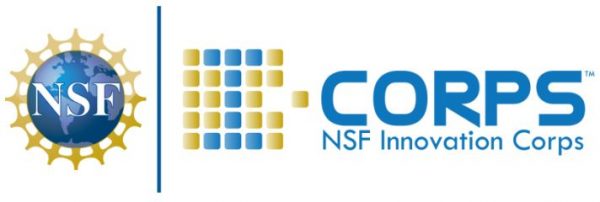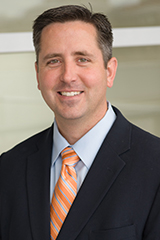NASA Award Helps Doctoral Student Develop Space-Structure Composite Materials
Second-year graduate student Andrea Hoe grew up designing and building projects with her father in their backyard. She also loved spending time with her family surveying the night sky. As a young child, she wanted to be an astronaut. So,…


 The grant captures activities taking place across the Syracuse University campus, including at the College of Law’s Innovation Law Center; the College of Engineering and Computer Science and its Center for Advanced Systems and Engineering; and the Martin J. Whitman School of Management.
The grant captures activities taking place across the Syracuse University campus, including at the College of Law’s Innovation Law Center; the College of Engineering and Computer Science and its Center for Advanced Systems and Engineering; and the Martin J. Whitman School of Management.

